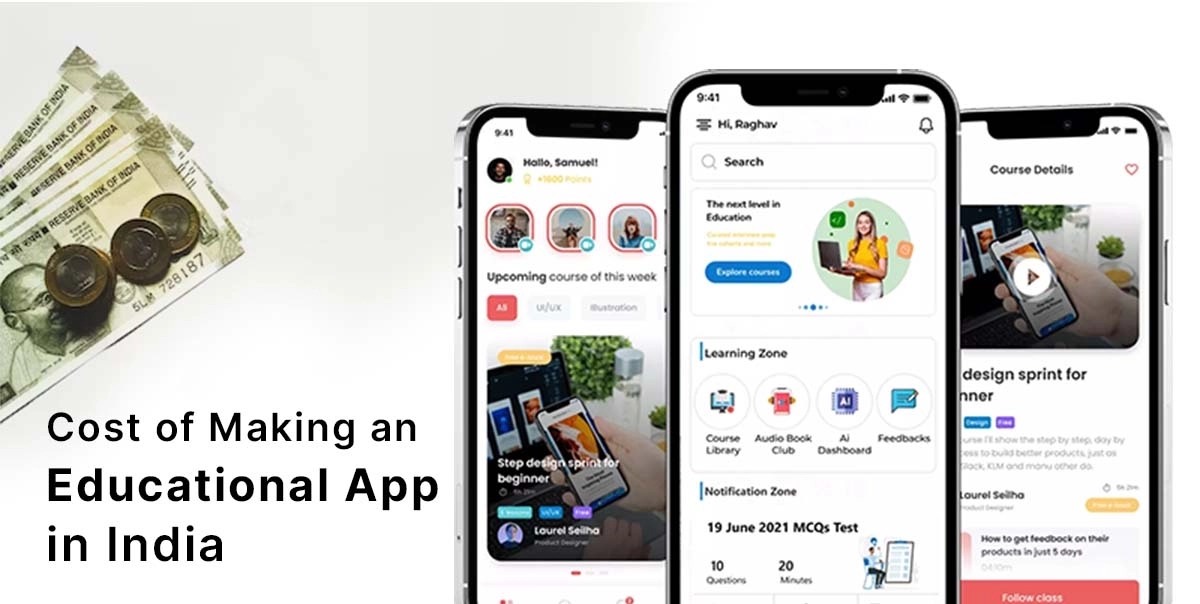Cost Analysis for Hiring a Java Developer, a Detailed Blog

Posted By : Deepank Joshi, Posted Date : Sep 21, 2024
Cost Analysis for Hiring a Java Developer | Duplex Technologies
In today's digital landscape, Java remains one of the most popular programming languages, powering everything from enterprise applications to Android mobile apps. For companies like Duplex Technologies, hiring skilled Java developers is crucial to maintain a competitive edge and deliver high-quality software solutions. However, the process of recruiting and retaining top Java talent comes with various costs that need to be carefully considered. This comprehensive cost analysis will help you understand the financial implications of hiring a Java developer and make informed decisions for your organization.
Table of Contents
The Current State of the Java Development Market
Before diving into the specifics of hiring costs, it's essential to understand the current state of the Java development market. Java has consistently ranked among the top programming languages in popularity and demand. According to recent surveys, Java remains in the top three most widely used languages globally, alongside Python and JavaScript.
The demand for Java developers continues to grow, driven by factors such as:
- The language's versatility and widespread use in enterprise applications
- The increasing adoption of cloud technologies and microservice architectures
- The ongoing popularity of Android app development
- The need for maintaining and modernizing legacy Java systems
This high demand has led to a competitive job market, with skilled Java developers often commanding premium salaries and benefits. For companies like Duplex Technologies, this means carefully considering the costs associated with attracting and retaining top talent.
Salary Expectations for Java Developers
One of the most significant costs in hiring a Java developer is their salary. The salary range for Java developers can vary widely based on factors such as experience level, location, and specific skill sets. Here's a breakdown of average annual salaries for Java developers in the United States as of 2024:
- Entry-level Java Developer (0-2 years experience): $65,000 - $85,000
- Mid-level Java Developer (3-5 years experience): $85,000 - $120,000
- Senior Java Developer (6+ years experience): $120,000 - $160,000+
- Java Architect or Team Lead: $150,000 - $200,000+
It's important to note that these figures can fluctuate based on your location. For example, salaries in tech hubs like San Francisco or New York City tend to be significantly higher than the national average. Additionally, companies often need to factor in annual salary increases, which typically range from 3% to 5% for retaining valuable employees.
When budgeting for a Java developer's salary, consider not only their base pay but also potential bonuses, profit-sharing, and stock options that may be part of their compensation package.
Benefits and Perks: Hidden Costs of Employment
Beyond the base salary, employers must account for a range of benefits and perks that add to the total cost of hiring a Java developer. These additional expenses can significantly impact your budget and typically include:
- Health Insurance: On average, employers spend $5,000 to $15,000 per employee annually on health insurance premiums.
- Retirement Plans: 401(k) matching contributions can range from 3% to 6% of an employee's salary.
- Paid Time Off: Including vacation days, sick leave, and personal days, which can amount to 7% to 8% of total compensation.
- Professional Development: Budget for training, conferences, and certifications to keep your Java developers' skills up-to-date.
- Home Office Stipends: With the rise of remote work, many companies now offer allowances for home office setups.
- Other Perks: These may include gym memberships, commuter benefits, or team-building activities.
When calculating the total cost of employment, a good rule of thumb is to add 25% to 40% on top of the base salary to account for these benefits and perks. For a Java developer earning $100,000 in base salary, the total cost to the employer could range from $125,000 to $140,000 per year.
Recruitment and Onboarding Costs
The process of finding and hiring the right Java developer comes with its own set of costs that are often overlooked in initial budgeting. These expenses can include:
- Job Posting Fees: Costs for posting on job boards and tech-specific platforms can range from $200 to $500 per month.
- Recruiter Fees: If using an external recruiter, fees typically range from 15% to 25% of the hired developer's first-year salary.
- Technical Assessments: Costs for platforms that provide coding challenges and technical assessments can range from $100 to $500 per candidate.
- Interview Time: Consider the opportunity cost of your existing team members spending time interviewing candidates.
- Background Checks and Reference Verification: These can cost between $50 to $200 per candidate.
- Onboarding and Training: Factor in the time and resources needed to get a new Java developer up to speed with your company's processes, codebase, and culture.
The total recruitment and onboarding costs can easily add up to $5,000 to $20,000 per hire, depending on the seniority of the position and the competitiveness of your local job market.
Infrastructure and Tool Costs
Java developers require specific tools and infrastructure to work effectively. When budgeting for a new hire, consider the following expenses:
- Hardware: A high-performance laptop or workstation can cost between $1,500 to $3,000.
- Software Licenses: IDEs like IntelliJ IDEA or Eclipse, as well as other development tools, can cost $500 to $1,500 per year per developer.
- Cloud Services: If your development environment includes cloud resources, budget for additional usage on platforms like AWS, Azure, or Google Cloud.
- Collaboration Tools: Subscriptions for project management, communication, and version control tools can add $50 to $200 per month per developer.
- Security Software: Antivirus, VPN, and other security measures are essential, especially for remote workers.
While some of these costs may be one-time expenses, others are ongoing and should be factored into your annual budget for each Java developer on your team.
Long-term Considerations: Retention and Career Growth
Hiring a Java developer is just the beginning; retaining them over the long term is crucial for maintaining productivity and reducing turnover costs. Consider the following long-term investments:
- Ongoing Training and Certification: Budget $2,000 to $5,000 annually per developer for courses, workshops, and certifications.
- Career Advancement Opportunities: Create a clear path for promotion and salary increases to keep developers motivated.
- Performance Bonuses: Set aside funds for rewarding exceptional performance, typically ranging from 5% to 15% of base salary.
- Team Building and Company Culture: Invest in activities and initiatives that foster a positive work environment and increase job satisfaction.
- Work-Life Balance Initiatives: Consider flexible working hours, remote work options, or additional paid time off to improve retention.
While these investments may seem costly upfront, they can significantly reduce the expenses associated with high turnover rates. The cost of replacing a skilled Java developer can range from 50% to 200% of their annual salary when factoring in recruitment, lost productivity, and onboarding time for a new hire.
By focusing on retention strategies, you can minimize these turnover costs and maintain a stable, productive development team.
Get in touch with Duplex Technologies at +91-9452000089 for hiring the best Java Developers
Hiring a Java developer involves a complex array of costs that go far beyond just the base salary. From recruitment and onboarding to long-term retention strategies, each aspect requires careful consideration and budgeting. By understanding these costs upfront, Duplex Technologies can make more informed decisions about expanding its development team and allocating resources effectively.
Remember that while the costs may seem substantial, investing in top Java talent can lead to significant returns in terms of product quality, innovation, and overall company growth. By balancing these costs with the potential value a skilled Java developer brings to your organization, you can make strategic hiring decisions that position your company for long-term success in the competitive tech industry.
Contact us today at +91-9452000089 to discuss your project and let Duplex Technologies help you with the best Java developers.




















































































